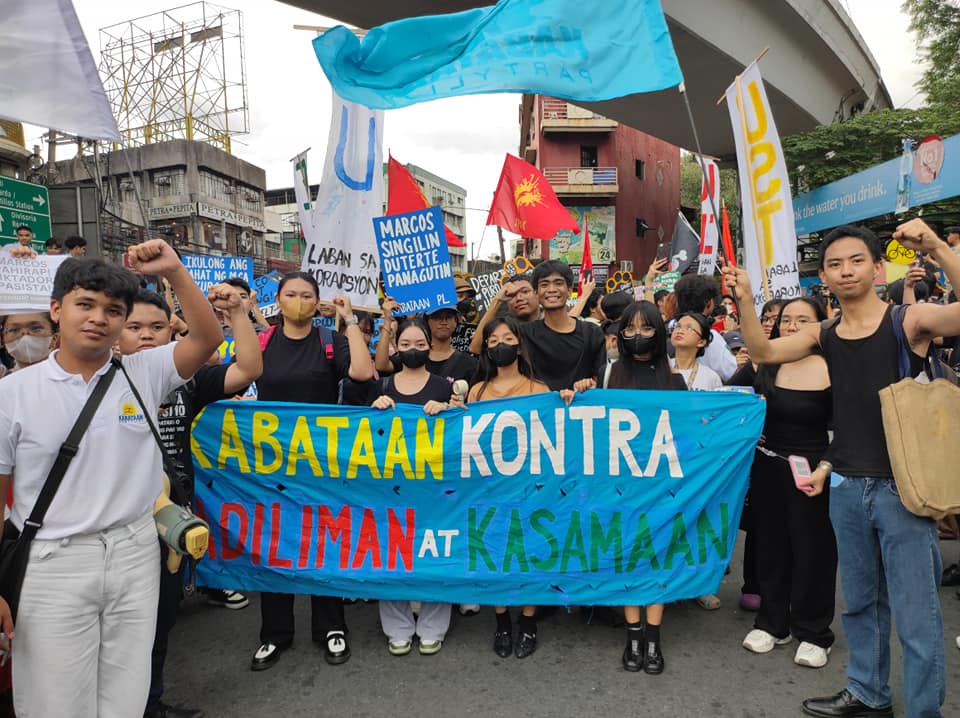In a glaring display of government inefficiency and corruption, the Filipino people find themselves grappling with the aftermath of Typhoon Carina, only to realize that the promised ₱544.5 billion flood control project, which was funded under the General Appropriation Act of 2023 and 2024, has failed catastrophically. This massive allocation, financed by the 2023 and 2024 National Budget, was touted as a cornerstone initiative of President Bongbong Marcos’s administration. Yet, the failure of this project is more than just a financial fiasco—it is a stark illustration of the endemic corruption that continues to plague the Philippines.
The scale of this project was unprecedented, with the government promising comprehensive measures to mitigate the perennial flooding that endangers lives and property. However, the reality on the ground tells a different story. As Typhoon Carina ravaged communities, it became painfully evident that the flood control measures were either grossly inadequate or virtually nonexistent. The project, which should have stood as a testament to proactive governance, has become a monument to corruption and mismanagement.
What makes this issue particularly egregious is the context in which it unfolds. The Congress recently scrapped a proposed ₱500 million intelligence fund for the Office of the Vice President (OVP) due to concerns over potential misuse. While this move was widely lauded as a step towards fiscal responsibility, it pales compared to the financial black hole that the flood control project has become. Unlike the proposed OVP fund, the ₱544.5 billion for flood control was not merely a budgetary suggestion—it was a colossal sum allocated, spent, and ultimately squandered.
The implications of this failure are devastating. Beyond the immediate suffering caused by Typhoon Carina, the misallocation of such a vast amount of public funds undermines trust in the government. It raises urgent questions about transparency, accountability, and the true priorities of those in power. The Filipino people have the right to demand answers. Where did the money go? Who is responsible for this gross mismanagement? And most importantly, what steps will be taken to ensure that such a calamity does not happen again?
As the 2025 elections loom on the horizon, the administration’s inability to deliver on its promises and protect its citizens should be a wake-up call. The wrath of Typhoon Carina has done more than just flood streets and homes; it has unmasked the failures and deceit of the current leadership. The Filipino people deserve better than empty promises and squandered resources. They deserve a government that is transparent, accountable, and capable of genuine action.
In the face of this disaster, the electorate must remember and act. The coming elections offer a chance to hold those in power accountable and to demand the change that has long been overdue. If the Marcos administration cannot deliver on its commitments, it is up to the people to ensure that their voices are heard, and their needs are met by those who will genuinely serve the public good.
The failure of the ₱544.5 billion flood control project is not just an isolated incident; it is a clear reflection of a broader systemic problem. It is a clarion call for reform and vigilance. The Filipino people must seize this moment to demand transparency, accountability (especially since the 2025 Budget Season is coming), and real change—before another typhoon reveals the next layer of government inadequacy.




